Declaration Shows Morocco’s Leadership on Pluralism, Religious Tolerance
Washington, DC, May 11, 2016 (MACP) — At a Newsmaker event yesterday at the National Press Club, former Archbishop of Washington, DC Cardinal Theodore McCarrick and Professor Emerita at the University of Richmond School of Law Azizah al-Hibri praised the results of a conference on the rights of religious minorities in Muslim countries convened by King Mohammed VI of Morocco in late January. Attended by Cardinal McCarrick and Professor al-Hibri along with hundreds of religious scholars and clergy representing a broad range of religions and schools of thought within Islam, the historic three-day conference led to the Marrakesh Declaration, a document calling for an end to bigotry and condemning the use of violence and terror in the name of religion.
“By their actions [extremist groups like Daesh] have tried to destroy the very religious freedom which the Koran and the Prophet himself have declared to be the essence of Islamic belief,” said Professor al-Hibri at the Press Club event. “How can we educate about Islamic justice without addressing this important issue? That can only be accomplished by knowledgeable Muslim jurists… teaching [their] views to the public.” The Marrakesh Declaration, she explained, is one step in educating the public about the right to freedom of conscience in Islam.
Echoing this sentiment, Cardinal McCarrick said that it is critical “that this document has legs. That it is used, that it gets to the people it has to get to, and—that means in a very special way—that it gets to the teachers of young people, the professors in universities, it gets to the preachers at the Friday prayers, that they can understand that this is not just a document that has beautiful words but it’s a document that can [bring] Islam back to where it was, what the prophet himself began to see.”
“Our challenge to all of you is please don’t let this document die, please don’t let this document be filed in a library where nobody will see it,” he said. The Cardinal also recognized the important role of King Mohammed VI, who “decided that it was time to have another important document that might bring us back from the extremes which are not true Islam.”
King Mohammed VI has taken an active role in fighting religious extremism and promoting a moderate and tolerant Islam both in Morocco and abroad. In March of 2015, he inaugurated the Mohammed VI Institute for the Training of Imams, Morchidines and Morchidates, dedicated to preparing the next generation of Muslim religious leaders – in Morocco, across the region, and around the world – to counter extremist interpretations of Islam. The latest US State Department annual Country Reports on Terrorism took notice, praising Morocco’s “comprehensive counterterrorism strategy that includes vigilant security measures, regional and international cooperation, and counter-radicalization policies.” The report described the country’s “national strategy to affirm and further institutionalize Morocco’s widespread adherence to the Maliki-Ashari school of Sunni Islam,” focusing on “upgrading mosques, promoting the teaching of relatively moderate Islam, and strengthening the Ministry of Endowments and Islamic Affairs (MEIA).”
The King has also prioritized religious and cultural diversity through a number of projects to rehabilitate the country’s many Jewish sites. Since 2010, Morocco’s “Houses of Life” project has restored 167 Jewish cemeteries across the country, installing 159 new doors, building nearly 140,000 feet of fencing, and repairing 12,600 graves. The King has said that this project “is a testimony to the richness and diversity of the Kingdom of Morocco’s spiritual heritage. Blending harmoniously with the other components of our identity, the Jewish legacy, with its rituals and specific features, has been an intrinsic part of our country’s heritage for more than three thousand years. As is enshrined in the Kingdom’s new Constitution, the Hebrew heritage is indeed one of the time-honored components of our national identity.”
Adopted by referendum in 2011, the Moroccan constitution states that the country’s unity “is forged by the convergence of its Arab-Islamist, Berber and Saharan-Hassanic components, nourished and enriched by its African, Andalusian, Hebraic and Mediterranean influences,” and emphasizes Morocco’s attachment “to the values of openness, of moderation, of tolerance and of dialogue for mutual understanding between all the cultures and the civilizations of the world.”
###
Contact: Jordana Merran, 202.470.2049
The Moroccan American Center for Policy (MACP) is a non-profit organization whose principal mission is to inform opinion makers, government officials, and interested publics in the United States about political and social developments in Morocco and the role being played by the Kingdom of Morocco in broader strategic developments in North Africa, the Mediterranean, and the Middle East.
This material is distributed by the Moroccan American Center for Policy on behalf of the Government of Morocco. Additional information is available at the Department of Justice in Washington, DC.
The post Cardinal Theodore McCarrick, Islamic Scholar Azizah al-Hibri Laud Marrakesh Declaration at National Press Club Newsmaker Event appeared first on Morocco On The Move.
 In the same week Egypt celebrated its five year anniversary of the legendary uprising that served to oust former President Hosni Mubarak and ignite a series of protests across Arab nations, on January 27, 250 of the world’s eminent Islamic leaders convened to discuss the rights of religious minorities and the obligation to protect them in Muslim majority states at the invitation of King Mohammed VI. The result was the Marrakesh Declaration.
In the same week Egypt celebrated its five year anniversary of the legendary uprising that served to oust former President Hosni Mubarak and ignite a series of protests across Arab nations, on January 27, 250 of the world’s eminent Islamic leaders convened to discuss the rights of religious minorities and the obligation to protect them in Muslim majority states at the invitation of King Mohammed VI. The result was the Marrakesh Declaration.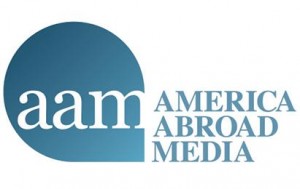
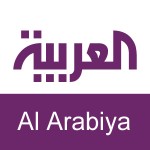
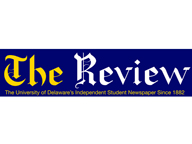


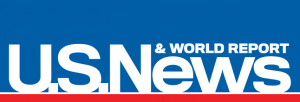


 The Guardian profiled the Moroccan NGO Education For All, which provides accommodation, food, and extra academic support for girls in rural Morocco who otherwise may not have access to education:
The Guardian profiled the Moroccan NGO Education For All, which provides accommodation, food, and extra academic support for girls in rural Morocco who otherwise may not have access to education:
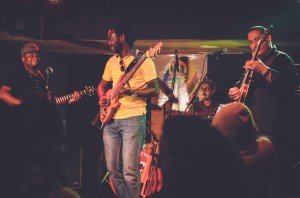
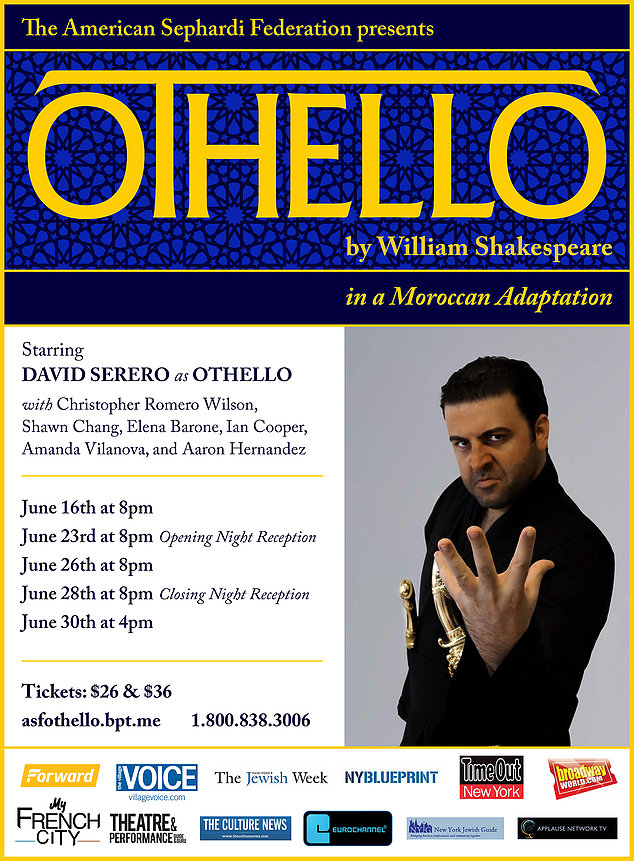 This week, the American Sephardi Federation (ASF) wraps up
This week, the American Sephardi Federation (ASF) wraps up 







